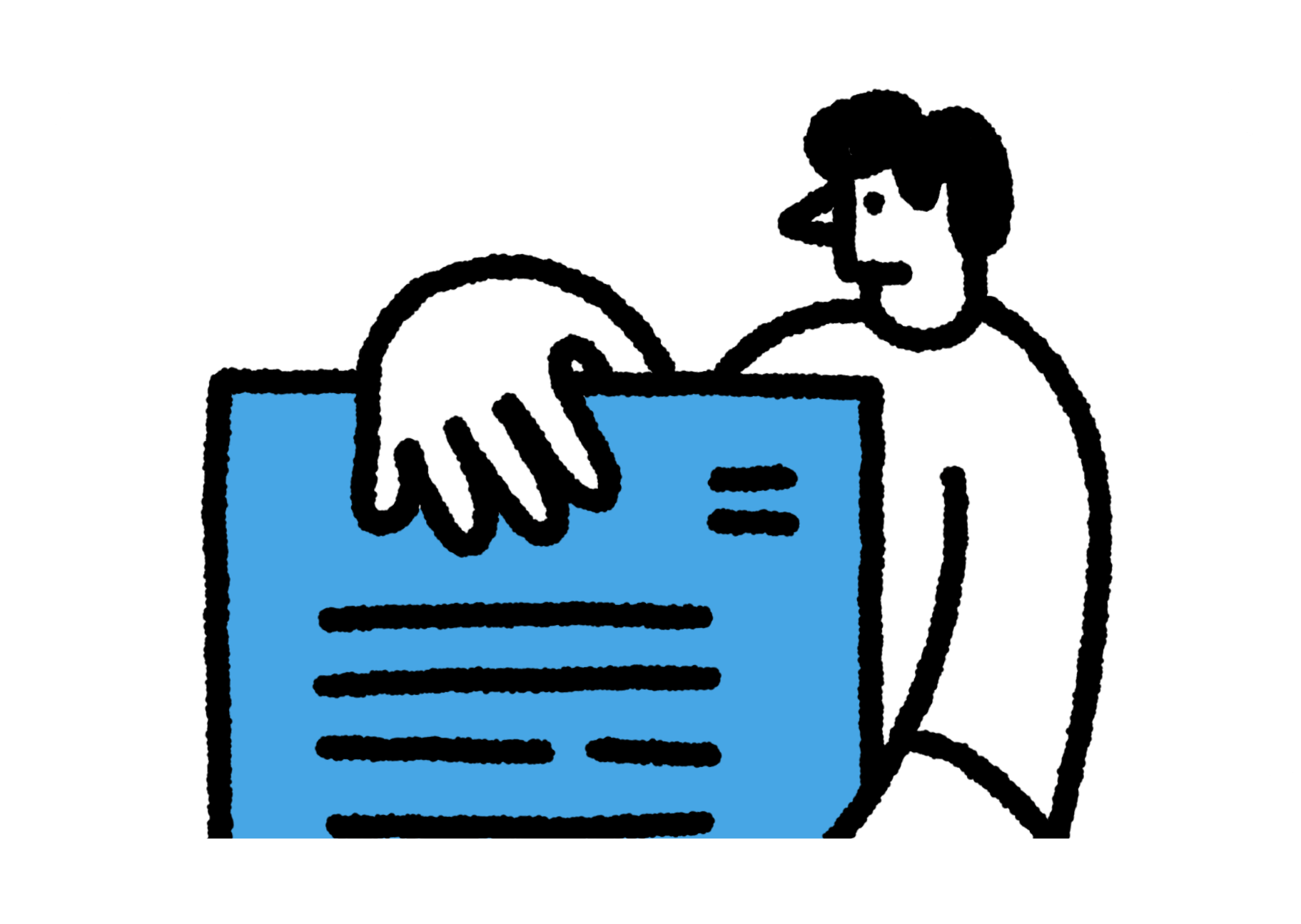
Why do house sales fall through?
We explore the common reasons for fall-throughs and how you can prevent it.

House sales can be frustrating. You can get all the way through the process, only to trip at the final hurdle. But why do house sales fall through, and what can you do to prevent this from happening? Let’s take a look at the facts.
How often do house sales fall through?
The frequency of fall-throughs changes month by month, so there is no headline figure. But in recent years, there have been times when half of all property sales have fallen through after the sale has been agreed, whereas at other times, the figure is more like 20 to 30%.
Property sales are never straightforward, so even if you’re confident that your transaction will be plain sailing, it’s worth managing your expectations until the deal is signed, sealed and delivered.
Why might a house sale fall through?
Here are just some of the things that can go wrong when selling a property:
- The survey — The buyer’s property survey can shed light on defects with the home that were previously hidden. If the buyer’s costs are set to increase, they may revise their offer down, which may prove unacceptable to you.
- Problems in the chain — Your buyer might be ready to move, but they may get impatient if your onward purchase is held up by delays.
- Finance issues — The person buying your home might have a mortgage in principle, but that’s not the real thing. If they can’t get their mortgage approved, they won’t be going anywhere.
- Gazundering — Unfortunately, some buyers will opportunistically reduce their offer before the exchange of contracts. You may understandably pull out at this stage.
- A change of mind — Sometimes the buyer will simply have a change of heart after the passage of time. Circumstances can change too, from the breakdown of a relationship to losing a job. Either way, there’s little you can do if the buyer’s not in a position to move.
How to prevent a house sale falling through
While there’s no foolproof way of ensuring your sale goes ahead, there are measures you can take to reduce the chances of a fall-through.
First, choose your buyer carefully (it helps if you’ve got plenty of interest). The most attractive offer isn’t necessarily the highest bid, but perhaps the buyer who could move quickly, has their finances in place, and as far as you can tell, is a reliable person who’s been vetted by your estate agent. A lot of people would be morally opposed to gazundering, for example, but not everyone!
It’s not all about the buyer’s readiness — there’s a lot you can do to get your ducks in a row. If you’re in the process of buying a property yourself, you should get your mortgage approved as early as possible, and instruct your solicitors before you’re under offer so that you can get all your paperwork sorted. The less time the buyer spends waiting, the less likely they are to pull out.
Do solicitors charge if a house sale falls through?
You are likely to have to pay some legal fees if your sale falls through, but the amount will depend on the arrangement you’ve made with your solicitor or conveyancer. Some solicitors offer a ‘no sale, no fee’ agreement, whereas others charge a fixed fee or a percentage of the property value.
You will be given a quote for the agreed work and depending on your arrangement may have some legal fees to pay. Some disbursements (these are any third-party payments) are usually paid by you upfront — such as the Local Authority searches — you’ll have paid for these already and these are usually not refundable.
Selling your home?
Nested is the modern way to move. Combining expert local agents with smart technology, we'll get you the best result from your sale.
What happens to a mortgage offer if a sale falls through?
If your property sale has fallen through after your mortgage has been approved, this will understandably be frustrating.
But all is not lost, as most lenders will allow you to transfer your application to a new property, though they will want to value it first, and adjust the mortgage offer if they deem it necessary. While this isn’t ideal, the process shouldn’t take as long compared to starting the whole mortgage application from scratch.
If your mortgage offer has expired, you might have to resubmit your bank statements and other financial information.
What are my other options?
If your sale has collapsed and you can’t face going through the whole process again, there are ways you can achieve a quick sale.
- Auctions — You can put your home under the hammer for a fast sale, but you may only fetch up to 80% of its market value.
- Multiple agents — Hiring more than one estate agent means you’ll have more people working to sell your property, but you’ll pay more in commission to the winning agent.
- Home buying companies — If you need to sell urgently, some companies will take your property off your hands, but you’ll lose up to 25% compared to the normal sale price.
Read our guide on how to sell a house quickly to find out more.
Stay positive
It’s never ideal when a property chain breaks, but if you prepare for the worst and hope for the best, there’s every chance you’ll have a smooth and stress-free move.
Selling your home?
Book a valuation with Nested, the modern estate agent. We combine expert local agents with the smartest technology to give you the best result from your sale.
Nested puts homeowners in control of their sale. Our agents provide you with smarter insights so you achieve the best price for your home on your timeframe. When you’ve found your new home, you have the power to move chain free, while we take care of your sale. Our buying agent will even negotiate up to 5% saving on your new home, so you get more home for your money.
If you’re interested in selling smarter, get in touch today. Nested.com - The modern way to move.